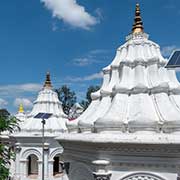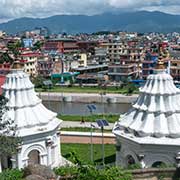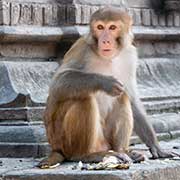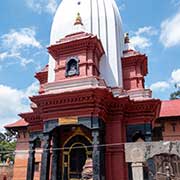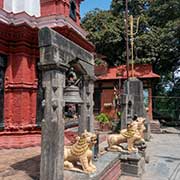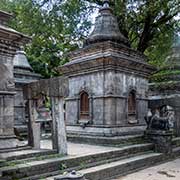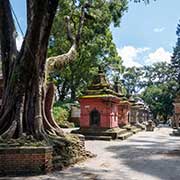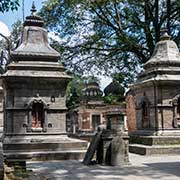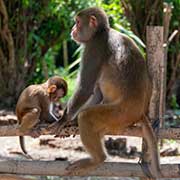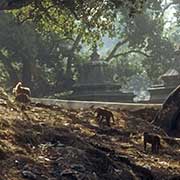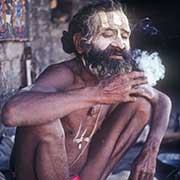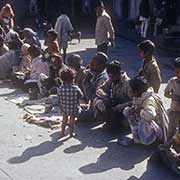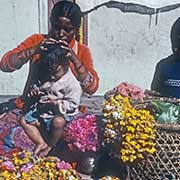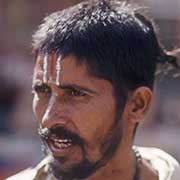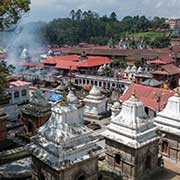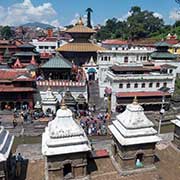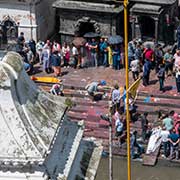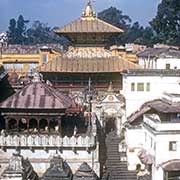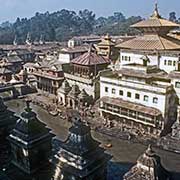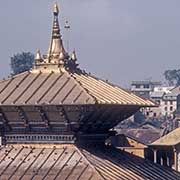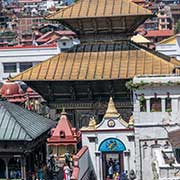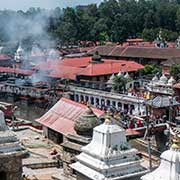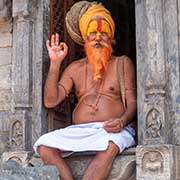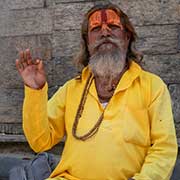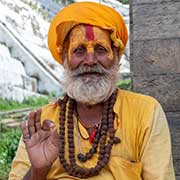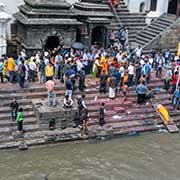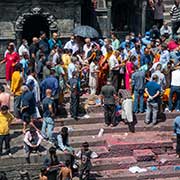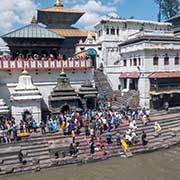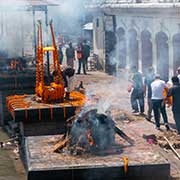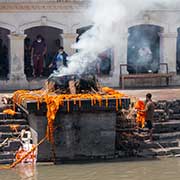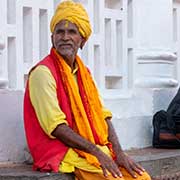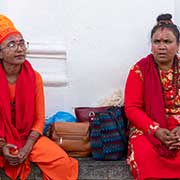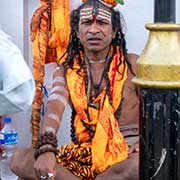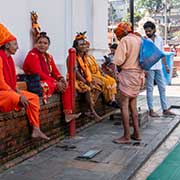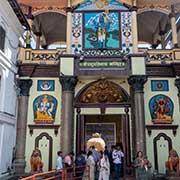Photos of Pashupatinath, the holiest site in Nepal, Nepal
Pashupatinath, the holiest site in Nepal
The sacred Hindu Pashupatinath Temple and cremation site on the banks of the Bagmati River, east of the city, dates back to 400 BCE. The temple was built in the 5th Century by Prachanda Deva, a king of Licchavi, a kingdom in the Kathmandu Valley from approximately 400 to 750 CE. Many more temples were erected around this two-storied temple over the centuries.
you may then send it as a postcard if you wish.
Pashupatinath Temple is the oldest Hindu temple in Kathmandu. Its exact construction date is unknown, but its current form dates from 1692. The temple is a pagoda-style structure with two-level copper roofs covered in gold. Only Hindus are admitted to this temple, where daily rituals are performed.
Visitors are free to visit the rest of the temple complex, with its collection of temples, ashrams, images and inscriptions and the “ghats” along the Basmati river where daily cremations take place in the open. family members wash the bodies, covered in a shroud, on the banks of the river and carry them to the place where after some rituals, the cremation takes place attended to by a Hindu priest and male family members.
Sadhus, religious ascetics, holy persons in Hinduism who have renounced the worldly life, live in isolation and meditate around the temples and shrines of Pashupatinath. They are mostly Shaiva Sadhus, Shiva’s followers. Some paint their bodies with ash from firewood; others wear long robes. Most are happy to be photographed for a fee. Around 600 Macaque monkeys roaming over the site live off fruit and food given by visitors (or stolen from them). However, because of pollution in the Basmati River, they are often short of drinking water during the dry season.



